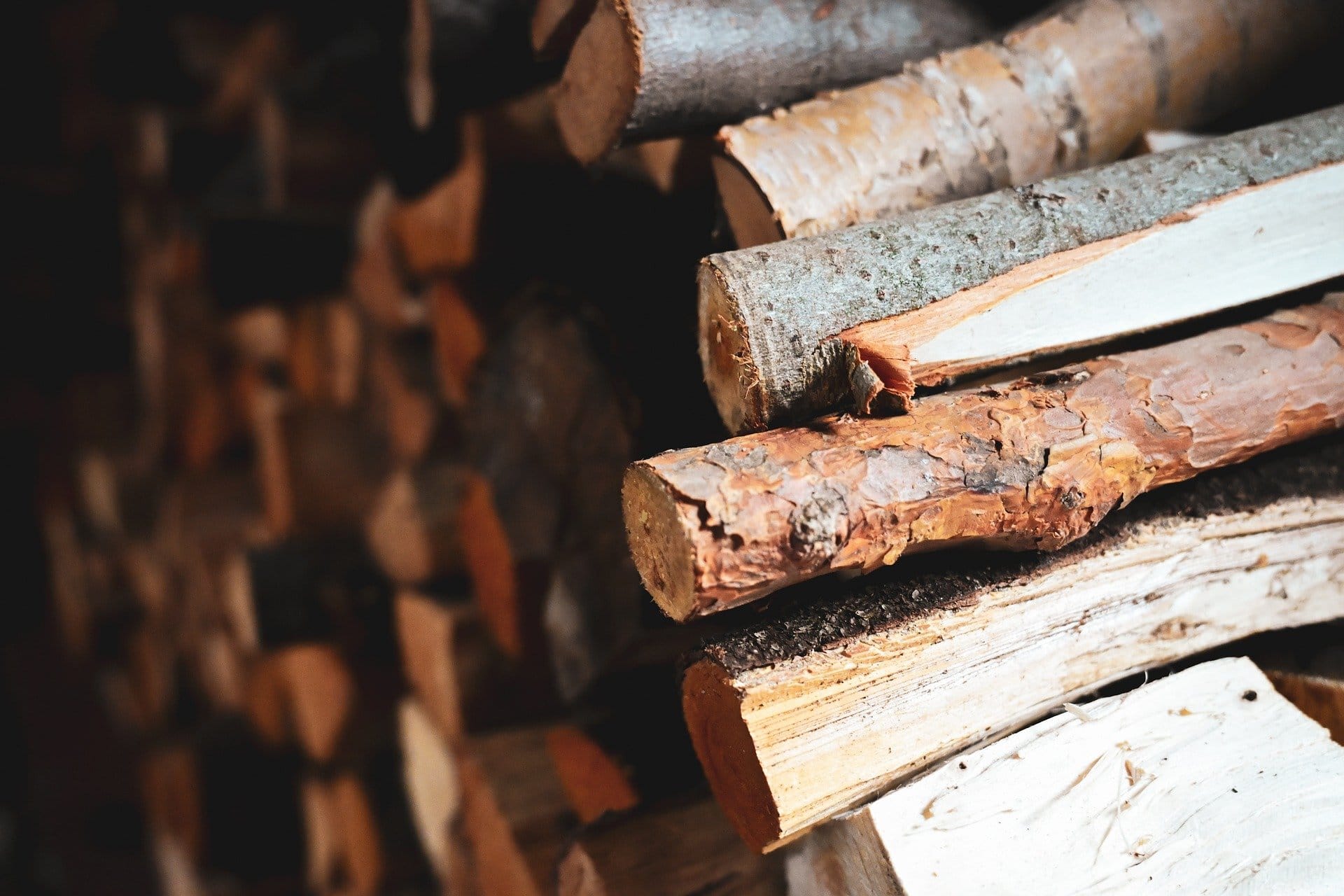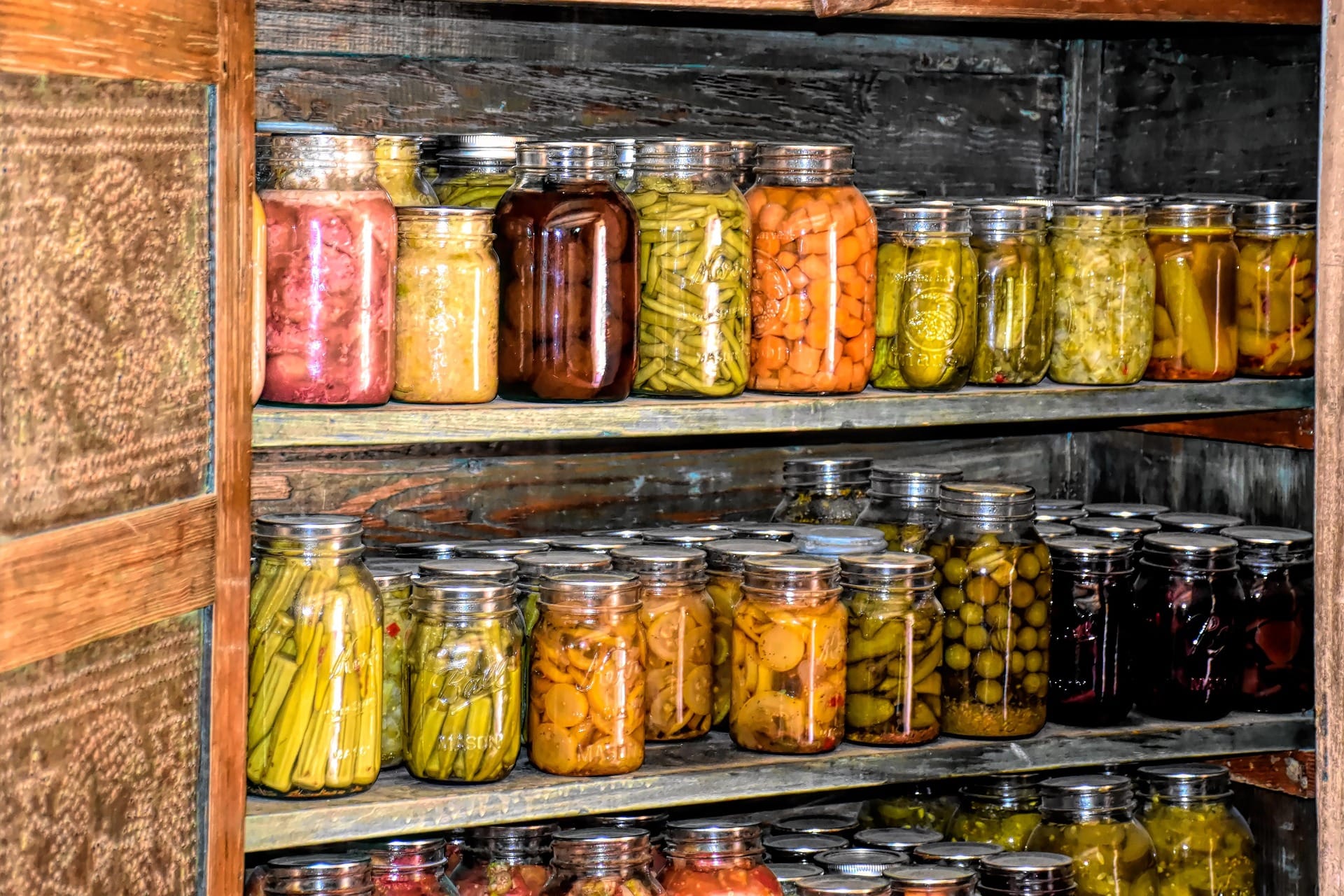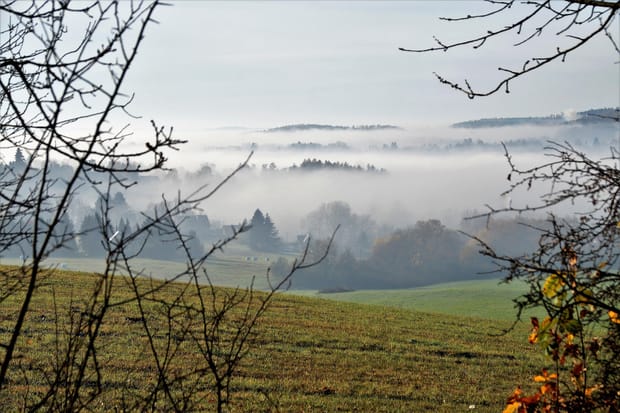Field Notes for November
November strips everything down to the essentials. The colors fade, the air turns sharp and the ground never fully dries. Nothing dramatic happens, yet every day carries a quiet signal that winter is almost here.
The mornings are the first to shift. Breath hangs in the air before sunrise. Grass stays wet, and the cold settles into metal and canvas faster than most expect. Anyone heading out early reaches for a reliable coat and a bag that can handle moisture without turning soft. Waxed canvas usually carries a thin layer of dew until it warms up on the move.
Roads and trails get heavier. Dirt paths turn soft. Puddles linger. The edges of fields sink under a boot. Villages slow down as people finish chores faster and check their roofs and gutters before the first real frost. Market days feel different too. Stalls thin out and conversations get shorter because no one wants to stand still for long.
Light changes as well. November sunlight never quite reaches full strength. Everything looks muted and quiet. Bags pick up marks from wet benches and muddy paths, but the season makes that feel normal. Practical gear matters more than neat gear.
Animals sense the shift earlier than people. Birds gather on wires. Dogs stay closer to the house. Even the wind seems to move differently through bare branches.

Preparing for Winter in the Countryside
November is the month when rural life becomes a full checklist. Winter does not arrive all at once, it creeps in, and everyone who has lived through a few knows the value of getting ahead of it.
Firewood is the first concern. Stacks get rebuilt, split again, covered again. People measure their supply with a practiced eye. A good wood pile means a good winter. A weak pile means trouble later.
Tools come next. Shovels, axes and saws get checked because no one wants to discover a loose handle in January. Vehicles need attention as well. Antifreeze, wipers, steady tires. The basics matter more out here than any accessory.
Feed storage matters too. Farmers and small homesteads prepare barns, check doors, lay fresh straw and clean feeders. Even households without animals keep extra food in the pantry, not out of fear but out of rhythm. Rural winters reward preparation and punish improvisation.
Paths around the property get cleared. Gutters get flushed. Wells get insulated. Each small job saves a bigger headache later. The countryside teaches patience because weather rarely gives second chances.
Inside the house the shift is quieter but just as real. Heavier blankets come out. Boots dry by the stove. Gloves stay near the door. People keep a small bag ready with essentials for short trips: gloves, a cloth, a spare layer, maybe a flashlight.

Why a Prepper Mindset Matters Outside the City
Living far from cities changes how you think about daily life. The distance alone demands a certain level of readiness. Out here, help does not arrive in minutes. Roads close. Power lines drop. Shops run on limited hours, and deliveries can be unpredictable once winter settles in.
Being prepared is not about fear or worst case fantasies. It is simple practicality. You keep supplies because stores may be thirty minutes away. You keep tools in good condition because a broken handle in freezing weather becomes a real problem. You store food and water because storms can cut off access for days. You keep a generator or a backup heat source because the grid does not treat rural areas as a priority.
In the countryside, self reliance is not a hobby. It is part of the landscape. Most people who live this way do not call themselves preppers, yet they follow the same habits. Full pantry. Charged batteries. Fuel cans stored safely. First aid within reach. A mindset that assumes winter will test every weak spot.
Preparation brings calm. It lets you move through the season without panic. It turns November from a warning into a reminder that good habits matter. When the cold months hit, the people who live far from city noise already know the truth. Preparation is not extreme. It is normal life.
November sits between autumn and winter, steady and honest. It sets the pace, shapes the season that follows and rewards those who treat it with respect.







